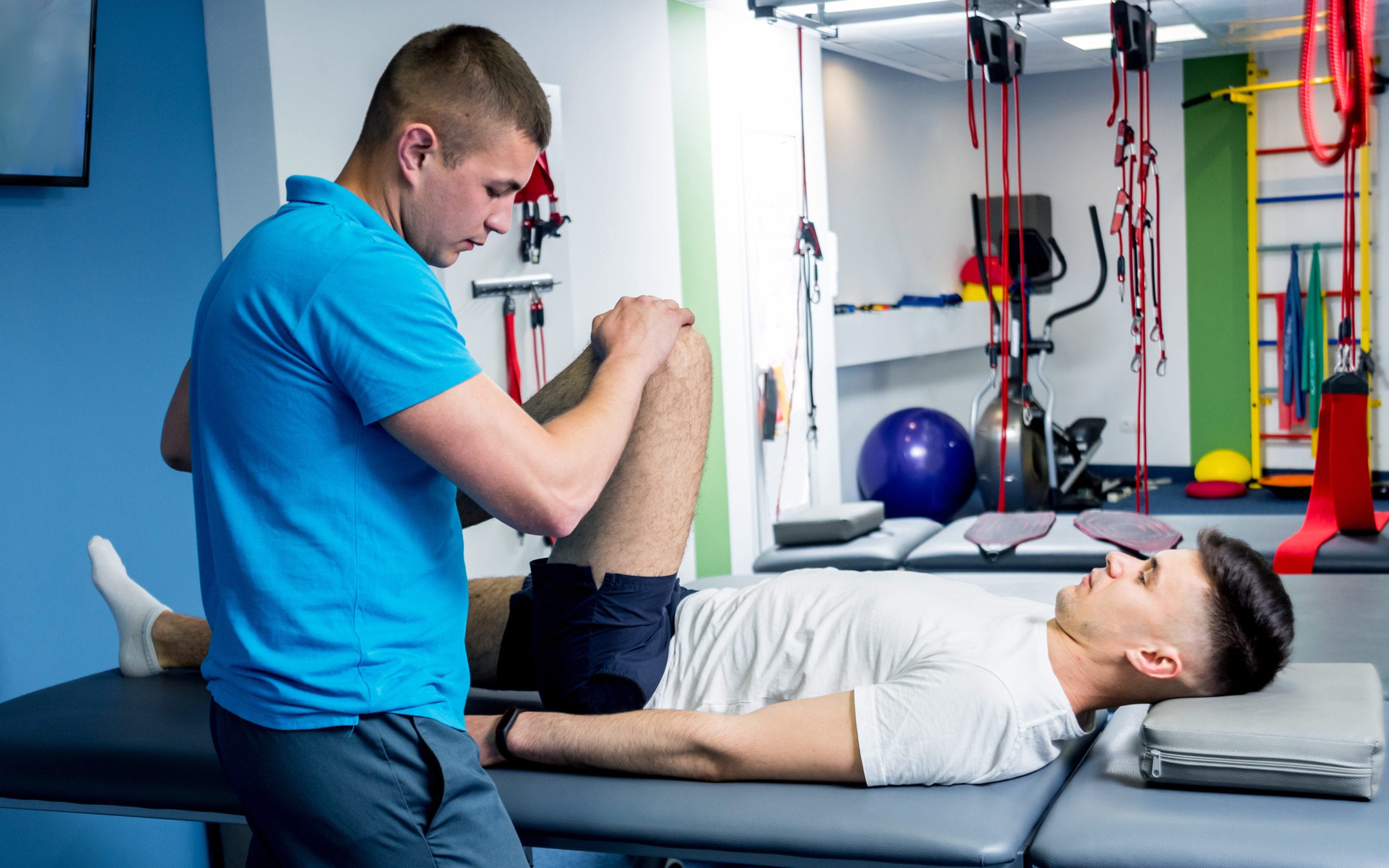Applying Cognitive Fortitude to Improve Gains in Athletic Therapy
Wiki Article
Mental toughness is an important attribute that can greatly enhance performance in athletic rehabilitation. Sportspeople often grapple with injuries that necessitate time away from their training, which can be both physically and psychologically straining. Mental resilience refers to the ability to remain robust and resilient in the face of obstacles. It helps athletes manage the strain of rehabilitation, stay focused on their objectives, and maintain drive throughout the rehabilitation process. By developing emotional stamina, patients can optimize their recovery experience and return to their sport more capable than before.

An key aspect of building psychological strength is setting realistic objectives. When individuals are recovering, it is crucial for them to have structured, attainable intentions during their healing. These plans should be specific, measurable, attainable, relevant, and time-bound (SMART) principles. For example, instead of saying “I hope to heal quicklyâ€, an patient might set a goal like “I aim to do my rehab sessions thrice weekly for the next monthâ€. This helps athletes track their progress and keep their concentration on what they can manage, reducing feelings of disappointment or negativity.
Another crucial factor in developing psychological endurance is maintaining a uplifting mindset. Recovering individuals should practice affirmative thinking and guided imagery to foster a supportive mental environment. Self-reinforcing language involves replacing defeating thoughts with motivating statements. For instance, instead of thinking “This is too hardâ€, an individual could tell themselves “I’m getting stronger with every stepâ€. Imagery can also be effective; patients can imagine themselves performing well in their activity as they heal. These practices help build confidence and reinforce the belief that recovery is possible.
Support systems play look what i found a essential role in fostering emotional toughness during recovery. Athletes should surround themselves with motivating companions, loved ones, coaches, and medical professionals who understand the difficulties of healing. Open communication with these trusted individuals allows patients to express their feelings, fears, and setbacks. Additionally, sharing experiences with other recovering peers can provide a sense of community and connection that makes the path easier. Knowing others have faced comparable challenges can foster hope and motivate patients to keep going.
Lastly, mindfulness techniques can measurably strengthen an athlete’s mental resilience during treatment. Present-moment focus involves being conscious of one’s thoughts and sensations without criticism. Practices such as meditation, controlled breathing, or gentle movement can help athletes manage unease and mental strain related to their injury. By incorporating mindfulness into their everyday schedules, athletes learn to stay have a peek at this site grounded and focused on their recovery process, rather than dwelling on what they have been unable to do during their time off from training. This strategy promotes mental clarity and encourages a more positive attitude towards rehabilitation.